Introduction
Cane Corso Diet and Nutrition are crucial for your dog's overall health.
- Their diet must be balanced with protein, fat, and essential nutrients
- Choosing the right food type helps maintain their muscle mass and energy
- Owners should understand the unique dietary needs of large breeds like Cane Corsos
- Feeding routines and portion control are key to preventing health issues
- Knowing the best diet practices helps ensure a long, healthy life for your dog
1. Understanding Cane Corso's Dietary Needs
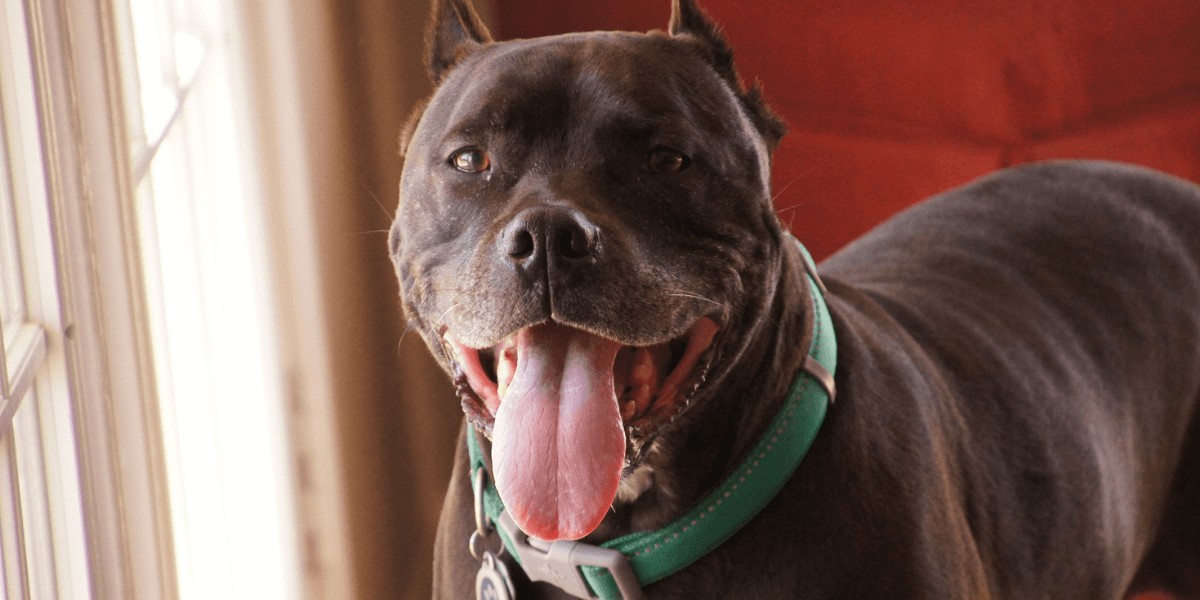
A balanced diet is critical for Cane Corso's well-being.
- Protein Needs: Cane Corsos needs high-quality animal-based proteins
- Fat Requirements: Healthy fats support their energy and coat health
- Carbohydrate Intake: Complex carbs provide steady energy throughout the day
- Vitamins and Minerals: Essential nutrients boost immune function and development
- Water Intake: Adequate hydration is crucial for digestion and overall health
2. Choosing the Right Food Type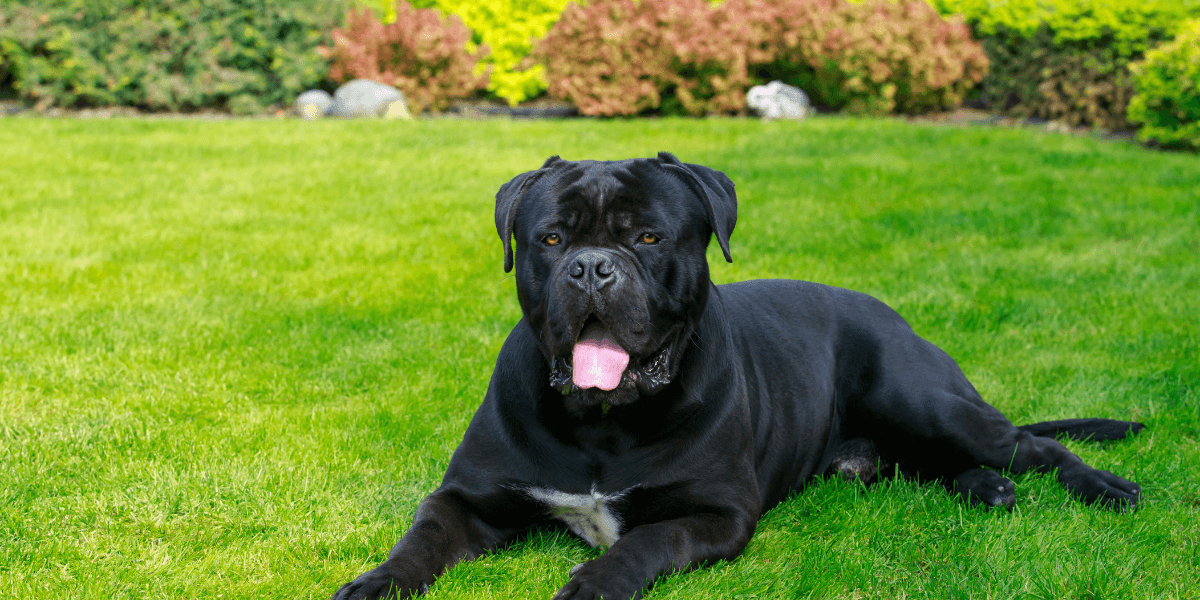
Select food that meets the specific needs of your Cane Corso.
- Dry Kibble: Offers convenience and dental benefits through chewing
- Wet Food: Provides hydration and is easy for puppies or seniors to eat
- Raw Diet: Mimics their natural diet but requires careful preparation
- Home-Cooked Meals: Allows for control over ingredients and portion sizes
- Commercial Dog Food: Opt for high-quality brands that meet AAFCO standards
3. Feeding Guidelines by Age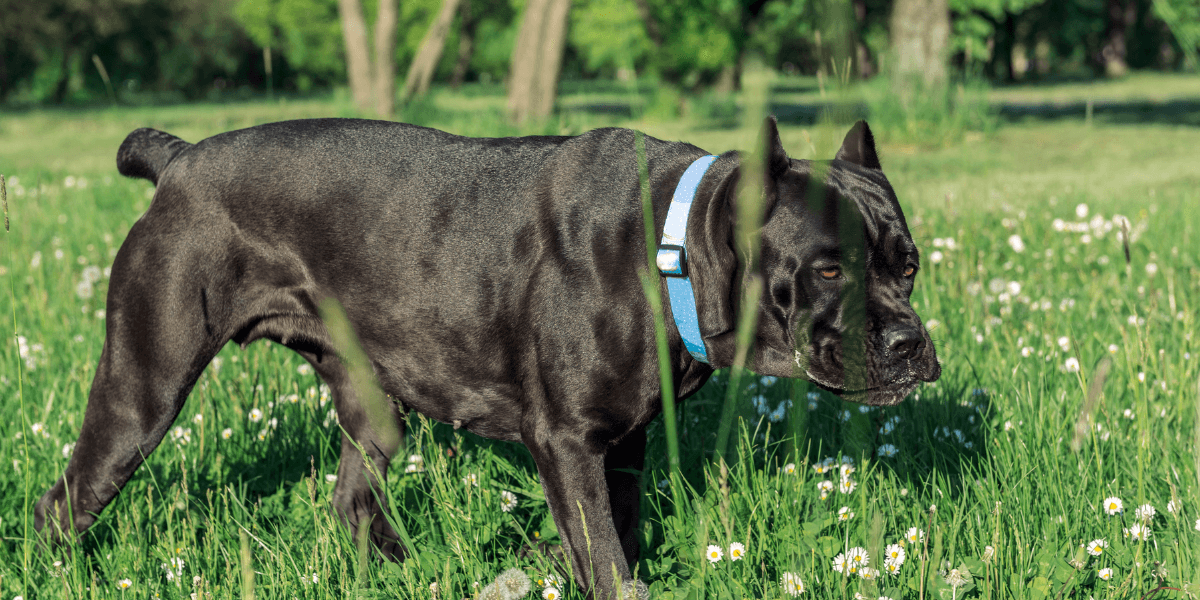
Adjust the diet to suit the different life stages of your Cane Corso.
- Puppy Feeding: Frequent meals support growth and energy needs
- Adult Feeding: Two balanced meals maintain weight and muscle mass
- Senior Feeding: Smaller portions reduce strain on the digestive system
- Transitioning Foods: Gradually introduce new foods to avoid stomach upset
- Treats and Snacks: Use healthy treats sparingly to prevent overfeeding
4. Common Health Issues Related to Diet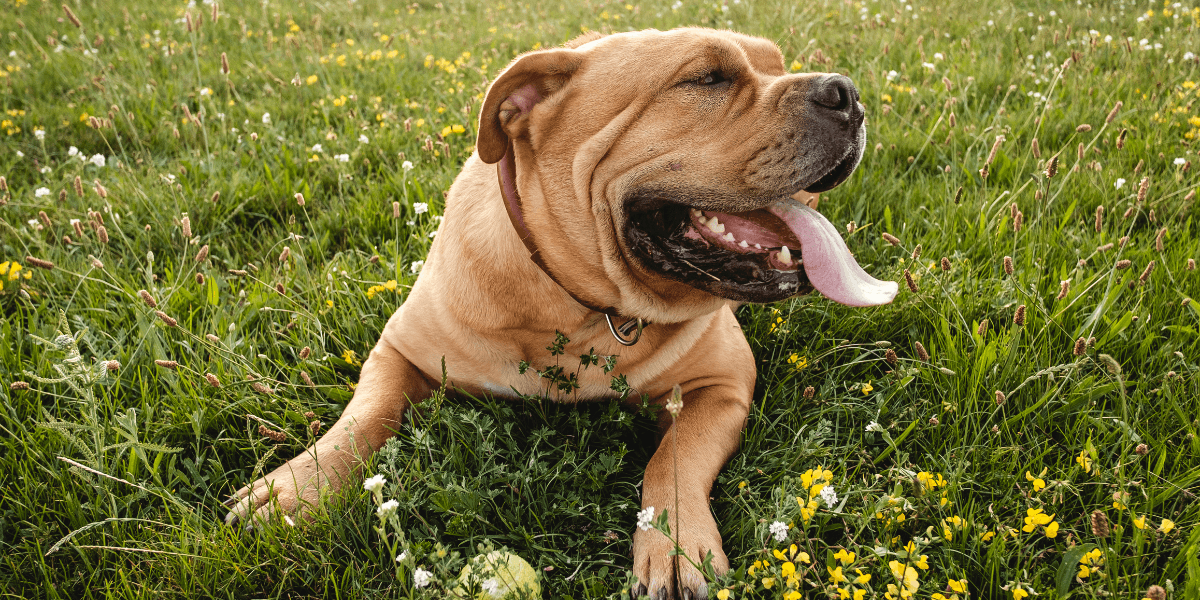
Proper nutrition can help prevent several common Cane Corso health problems.
- Obesity: Overfeeding or lack of exercise leads to unhealthy weight gain
- Joint Issues: High-quality protein and glucosamine support joint health
- Bloat: Feeding smaller portions reduces the risk of gastric torsion
- Skin Allergies: A diet rich in omega-3s helps maintain healthy skin and coat
- Digestive Problems: Fiber-rich foods support healthy digestion and stool quality
Learn Cane Corso feeding tips and compare with this Doberman Pinscher Feeding Guide.
5. Supplements for Cane Corso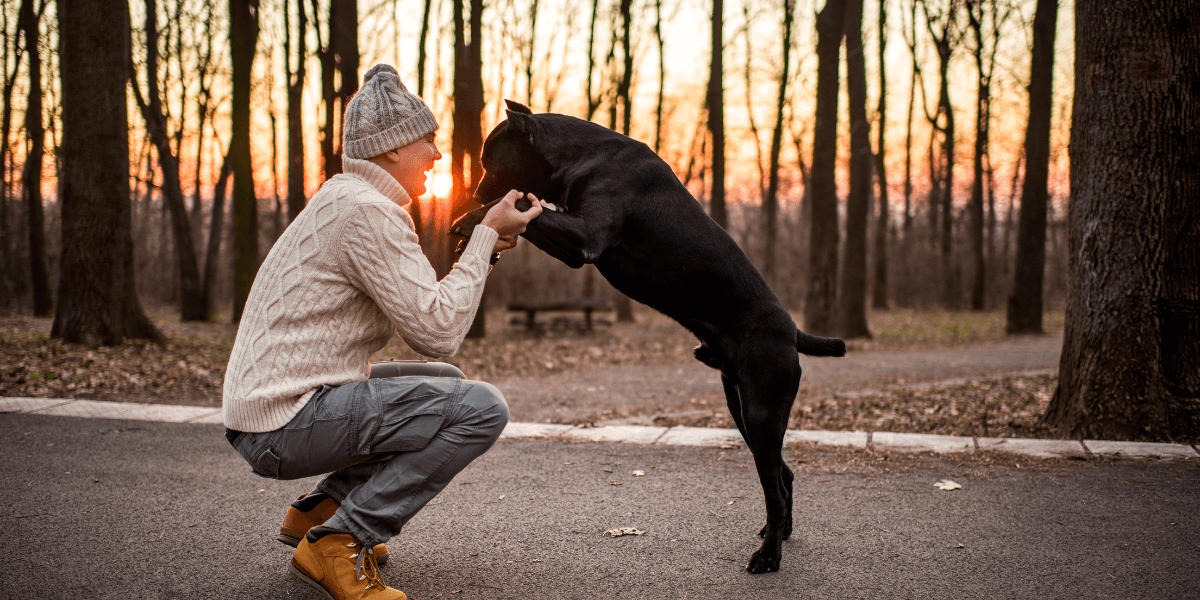
Supplements can enhance your dog’s diet and overall health.
- Glucosamine: Supports joint health, especially in active or older dogs
- Probiotics: Promote a healthy gut microbiome and improve digestion
- Omega-3 Fatty Acids: Boost coat health and reduce inflammation
- Multivitamins: Ensure balanced nutrition, especially with homemade diets
- Calcium and Phosphorus: Essential for bone health and development
Enhance your Cane Corso's health with the right supplements with this comprehensive guide.
6. Homemade Diet Tips for Cane Corso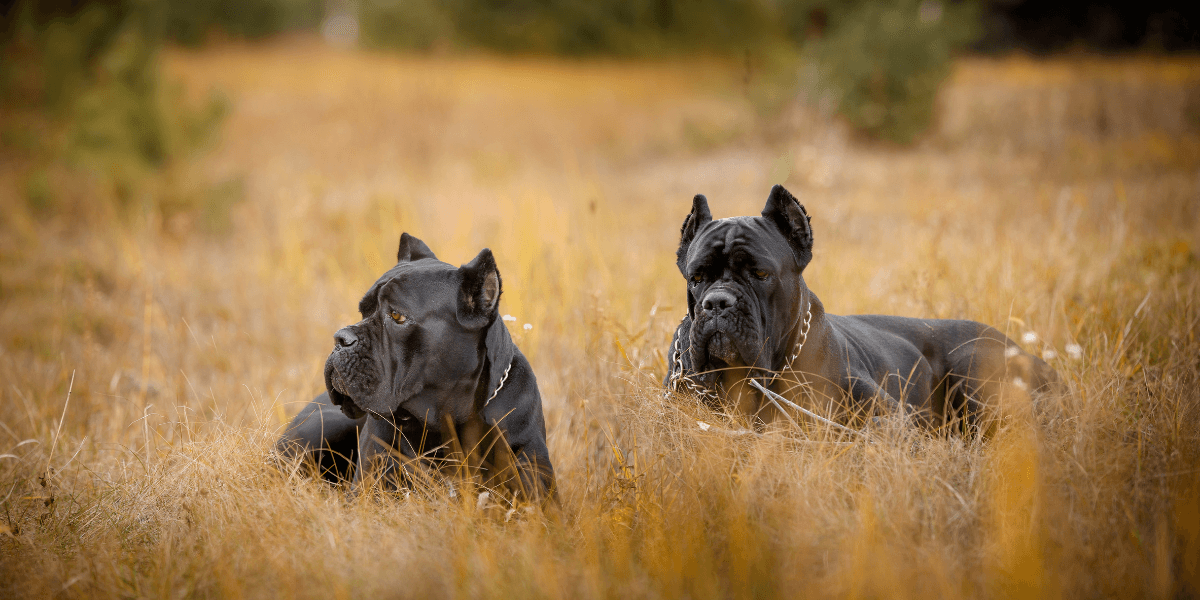
Homemade meals offer control over your dog's diet but require careful planning.
- Consult a Vet: Always consult a veterinarian before changing the diet
- Balance Ingredients: Include protein, carbs, fats, and essential nutrients
- Avoid Harmful Foods: Chocolate, grapes, and onions are toxic to dogs
- Monitor Weight: Regularly check your dog's weight and adjust portions
- Prepare in Batches: Batch cooking saves time and ensures consistency
7. Monitoring and Adjusting Your Dog’s Diet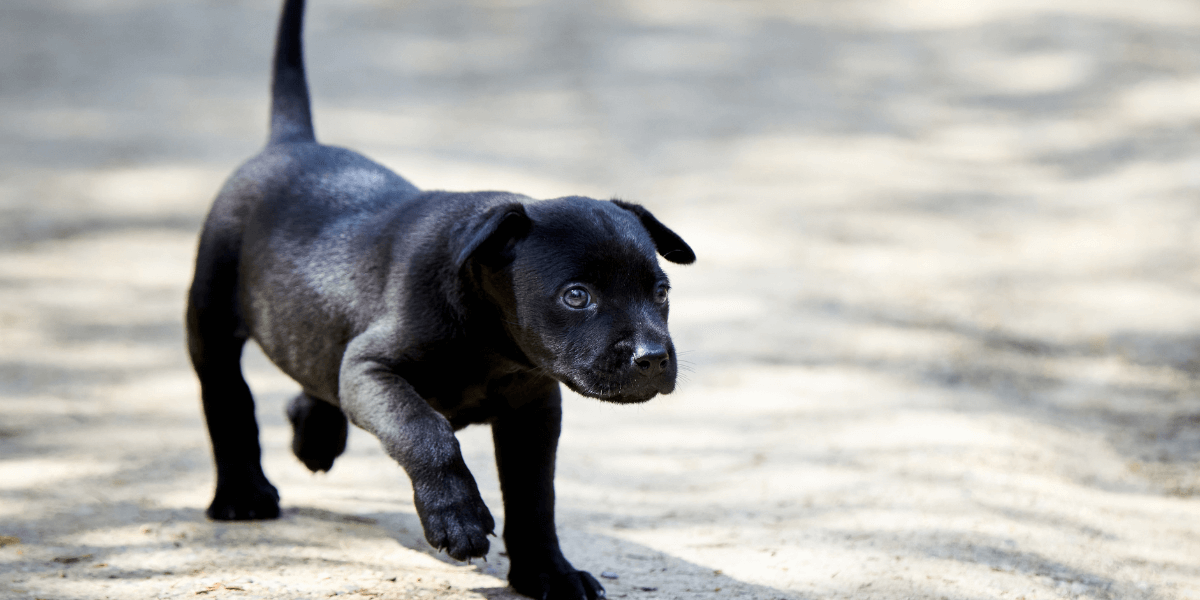
Regularly assess your dog's condition to fine-tune their diet.
- Check Weight Regularly: Weight gain or loss may indicate a dietary issue
- Watch for Allergies: Skin irritations or digestive problems could be food-related
- Adjust Portions: Modify food amounts based on activity level and health
- Observe Energy Levels: Consistent energy suggests a well-balanced diet
- Schedule Vet Visits: Regular check-ups help monitor dietary health
Curious about feeding other breeds? Check out this Bernese Mountain Dog Feeding Guide for expert tips!
FAQs
1. What is the best diet for a Cane Corso?
- A balanced diet rich in protein, fats, and essential nutrients
2. Can Cane Corsos eat raw food?
- Yes, but ensure it is properly prepared and balanced
3. How often should I feed my Cane Corso?
- Follow proper feeding schedules—puppies 3-4 times daily, adults twice daily, and seniors 1-2 times daily
4. Are supplements necessary for Cane Corsos?
- Supplements like glucosamine and omega-3 can enhance health
5. What foods should I avoid feeding my Cane Corso?
- Avoid toxic foods like chocolate, grapes, onions, and avocados
Conclusion
- Cane Corso Diet and Nutrition is key to ensuring a healthy, active, and long life for your dog
- Choosing food that suits your dog’s size and age is essential—like explained in this Guide to Great Danes Nutrition
- Monitor weight and adjust portions to maintain a healthy weight
- Proper Cane Corso Diet and Nutrition ensure your Cane Corso thrives at every life stage
- Consult your vet regularly to ensure your dog’s diet meets their needs
- Start providing the best nutrition to keep your Cane Corso happy and healthy



